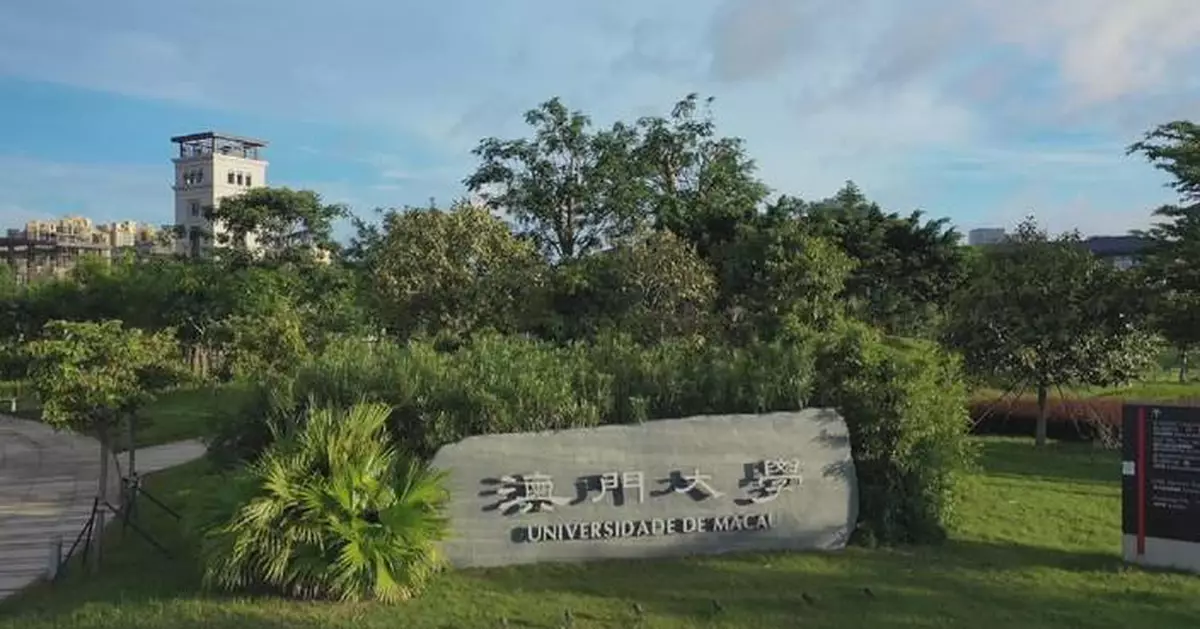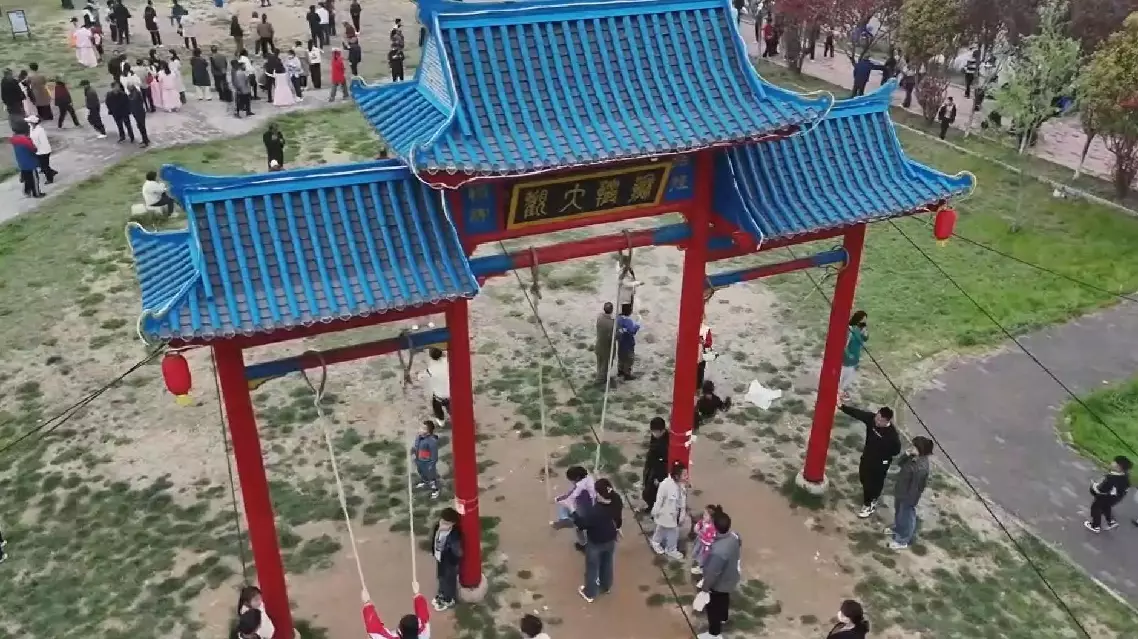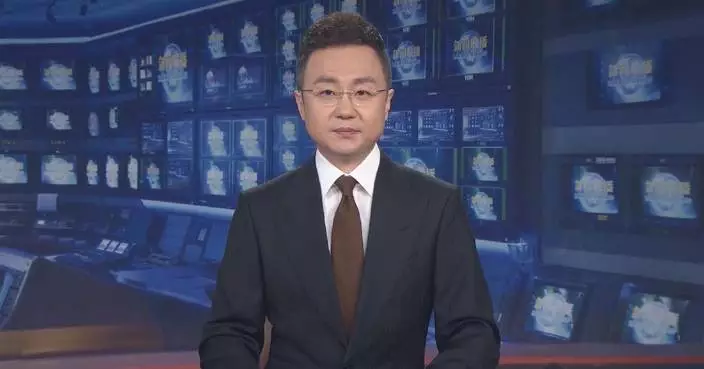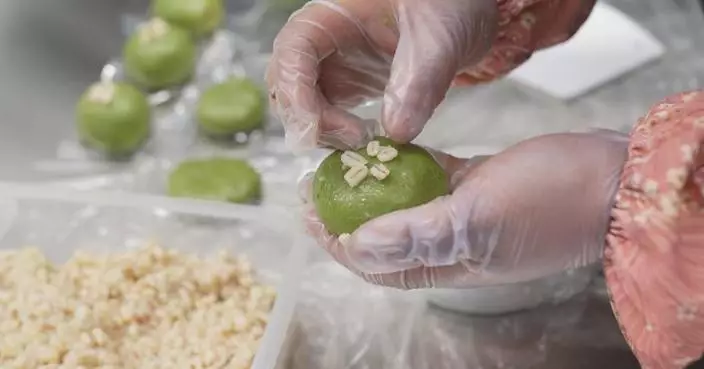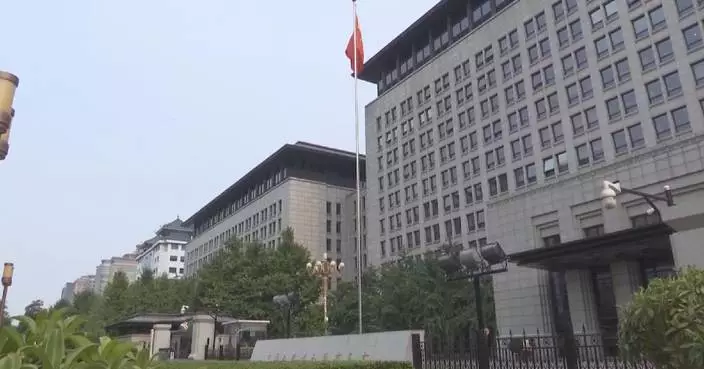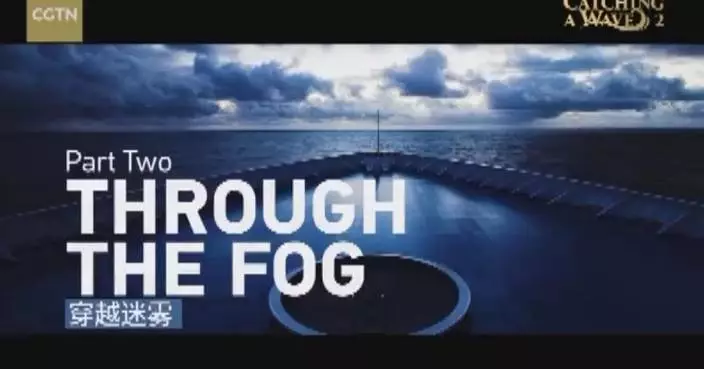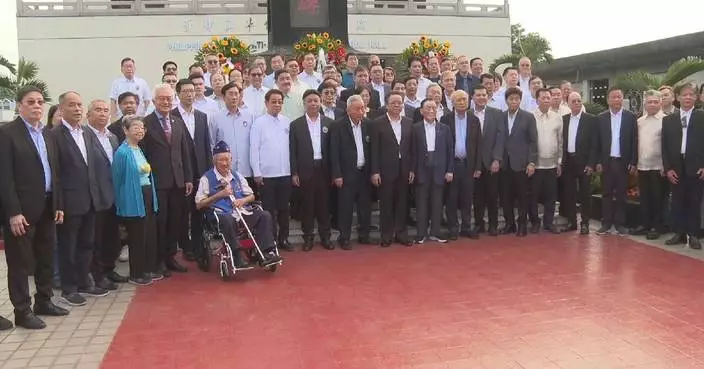President Xi Jinping's visit to the University of Macao (UM) in 2014 continues to inspire students and teachers in Macao to embrace and promote traditional Chinese culture, fostering a deep sense of cultural pride and national identity across generations.
In August 2014, the UM relocated to its new campus on Hengqin Island, widely regarded as a project of landmark collaboration between Macao and neighboring Guangdong Province within the "One Country, Two Systems" framework. In December of the same year, President Xi Jinping visited the university and engaged in discussions with the students.
Hengqin is situated in the south of Zhuhai, a coastal city of Guangdong Province. It is separated from Macao by the Pearl River Estuary.
In June 2009, the Standing Committee of the National People's Congress passed a decision, authorizing the Macao Special Administrative Region jurisdiction over 1.09 square km of land located on the eastern coast of the island, where UM's new campus is located.
On Dec 20, 2014, students from Macao, the mainland, Taiwan, and other regions sat together with President Xi Jinping, sharing their experiences in promoting the traditional virtues of the Chinese nation and striving to become better individuals.
"When President Xi entered the classroom, I had the honor of being the first to shake hands with him. The convocation felt like a book club," recalled Tam Chi Kin, a Grade 2014 history student of the UM, in an interview with China Central Television in the run-up to the 25th anniversary of Macao's return to China on December 20, 1999.
"The influence of Chinese culture on the Chinese people has deeply permeated our spirit, much like DNA in our bodies. I am also a passionate advocate of Chinese culture," President Xi told students at the convocation.
After hearing the students' speeches, Xi shared his own thoughts. He mentioned that, when he was young, he too had a deep fondness for reading Chinese cultural classics. Even now, whenever he finds time, he picks up a book to read, noting that each time, he feels it is always beneficial to do so.
"Dear students, after your studies, you must cultivate a sense of pride, cultural self-confidence, and national pride in our millennia-old civilization," Xi said.
"Xi encouraged our students to do two things -- one is to carry forward the spirit of our Chinese culture, and the second is to ask young people to study and develop well," said Wong Seng Fat, Interim College Master of Cheng Yu Tung College of the University of Macao.
Over the years, Xi has consistently encouraged young people to study and understand the history of China, while also strengthening their character and sense of identity as Chinese citizens.
"We have felt the central authorities' high expectations and strong support for Macao's history and culture," said Lo Ka Nok, a research assistant professor at the University of Macao.
At a gathering marking the 15th anniversary of Macao's return to China and the inauguration of the fourth-term government of the Macao Special Administrative Region on Dec 20, 2014, Xi voiced his expectation for young students to appreciate and carry forward traditional Chinese culture.
"China is a great country with a time-honored history and rich civilization. The fine traditional culture that the Chinese nation has created and carried forward in its thousands of years of history is the root and soul of the Chinese nation. In the education of the young people, priority should be given to the history, culture and national conditions of China, so that they will better appreciate the richness of the Chinese civilization," Xi said.
As an institution dedicated to promoting traditional Chinese culture, Cheng Yu Tung College regularly organizes a wide range of cultural activities for students.
"Cheng Yu Tung College is an institution rooted in China's traditional culture. I sincerely hope that the young people at our college will embrace and appreciate the beauty of traditional Chinese culture," Wong said.
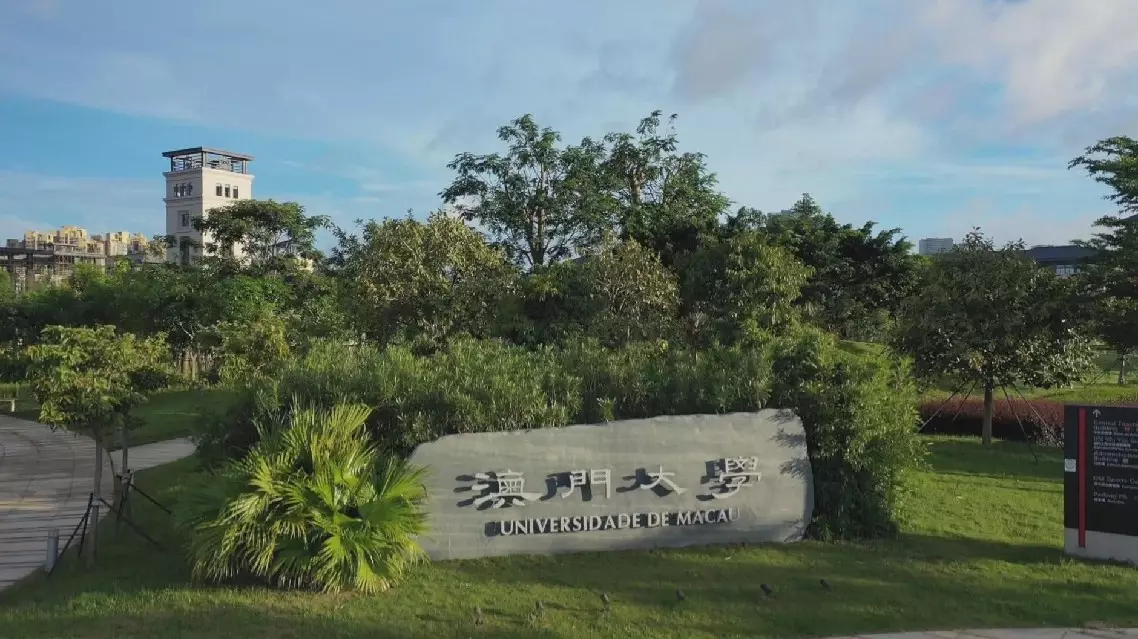
Students, teachers in Macao inspired by Xi's call to promote traditional culture


